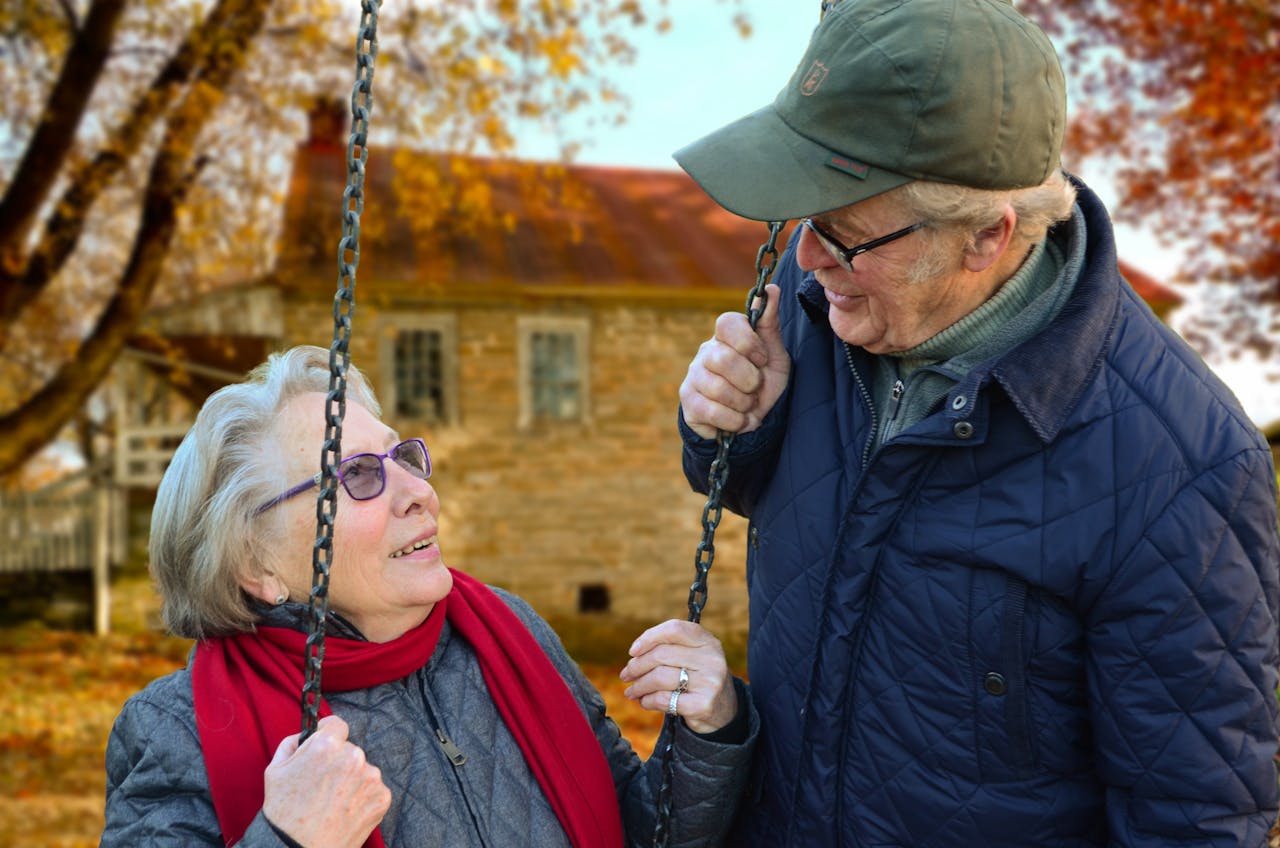As we age, maintaining good health becomes increasingly important. Older adults face unique health challenges, but with the right approach, they can lead fulfilling, active lives. This article explores various aspects of health in old age, including physical health, mental well-being, nutrition, social connections, and preventive care.
Understanding Aging and Health
Aging is a natural process that affects everyone differently. While some older adults experience significant health issues, others may remain active and healthy well into their later years. Factors such as genetics, lifestyle choices, and access to healthcare play critical roles in determining overall health.
Physical Health
- Regular Exercise: Engaging in regular physical activity is essential for maintaining mobility, strength, and cardiovascular health. Aim for at least 150 minutes of moderate-intensity aerobic activity each week, along with muscle-strengthening exercises twice a week.
- Managing Chronic Conditions: Many older adults manage chronic conditions such as diabetes, hypertension, or arthritis. Regular check-ups with healthcare providers are crucial for monitoring these conditions and adjusting treatment plans as needed.
- Preventive Care: Routine screenings (such as mammograms, colonoscopies, and blood pressure checks) can help detect potential health issues early. Vaccinations, including flu and pneumonia shots, are also vital for preventing illness.
Mental Well-Being
- Cognitive Health: Cognitive decline is a common concern among older adults. Engaging in mentally stimulating activities, such as puzzles, reading, or learning new skills, can help maintain cognitive function.
- Mental Health: Conditions such as depression and anxiety can affect older adults. It’s important to seek help if feelings of sadness or anxiety persist. Support groups, therapy, and medication can be effective treatments.
- Mindfulness and Stress Reduction: Practices like meditation, yoga, or tai chi can help reduce stress and improve overall mental health. Incorporating relaxation techniques into daily routines can enhance emotional well-being.
Nutrition
- Balanced Diet: A nutritious diet is crucial for maintaining health in old age. Focus on whole foods, including fruits, vegetables, whole grains, lean proteins, and healthy fats. Limiting processed foods, sugar, and salt can also benefit overall health.
- Hydration: Older adults are at a higher risk of dehydration. It’s important to drink plenty of fluids throughout the day, even if you don’t feel thirsty. Water, herbal teas, and broths are excellent options.
- Supplements: As we age, our bodies may require additional nutrients, such as vitamin D, calcium, and omega-3 fatty acids. Consult a healthcare provider before starting any supplements to ensure they’re appropriate for your needs.
Social Connections
- Building Relationships: Maintaining social connections is vital for emotional health. Engaging with family, friends, and community can reduce feelings of loneliness and depression. Joining clubs, volunteering, or participating in local events can enhance social interactions.
- Support Systems: Having a support system in place is crucial for managing health challenges. Encourage open communication with family and friends about health needs and feelings. Don’t hesitate to ask for help when needed.
Health in old age encompasses various aspects, including physical health, mental well-being, nutrition, and social connections. By adopting a proactive approach to health—staying active, eating a balanced diet, managing chronic conditions, and nurturing relationships—older adults can improve their quality of life and enjoy their later years to the fullest.
Embracing aging as a natural process and prioritizing health can lead to a fulfilling, vibrant life, regardless of age. Remember, it’s never too late to make positive changes for better health.
By Nueradd | Health | Ceylo Watch

